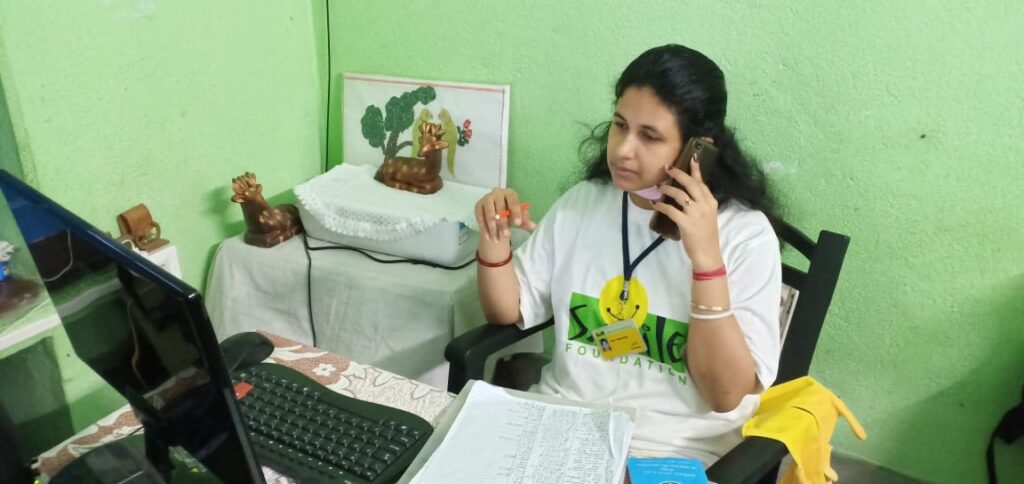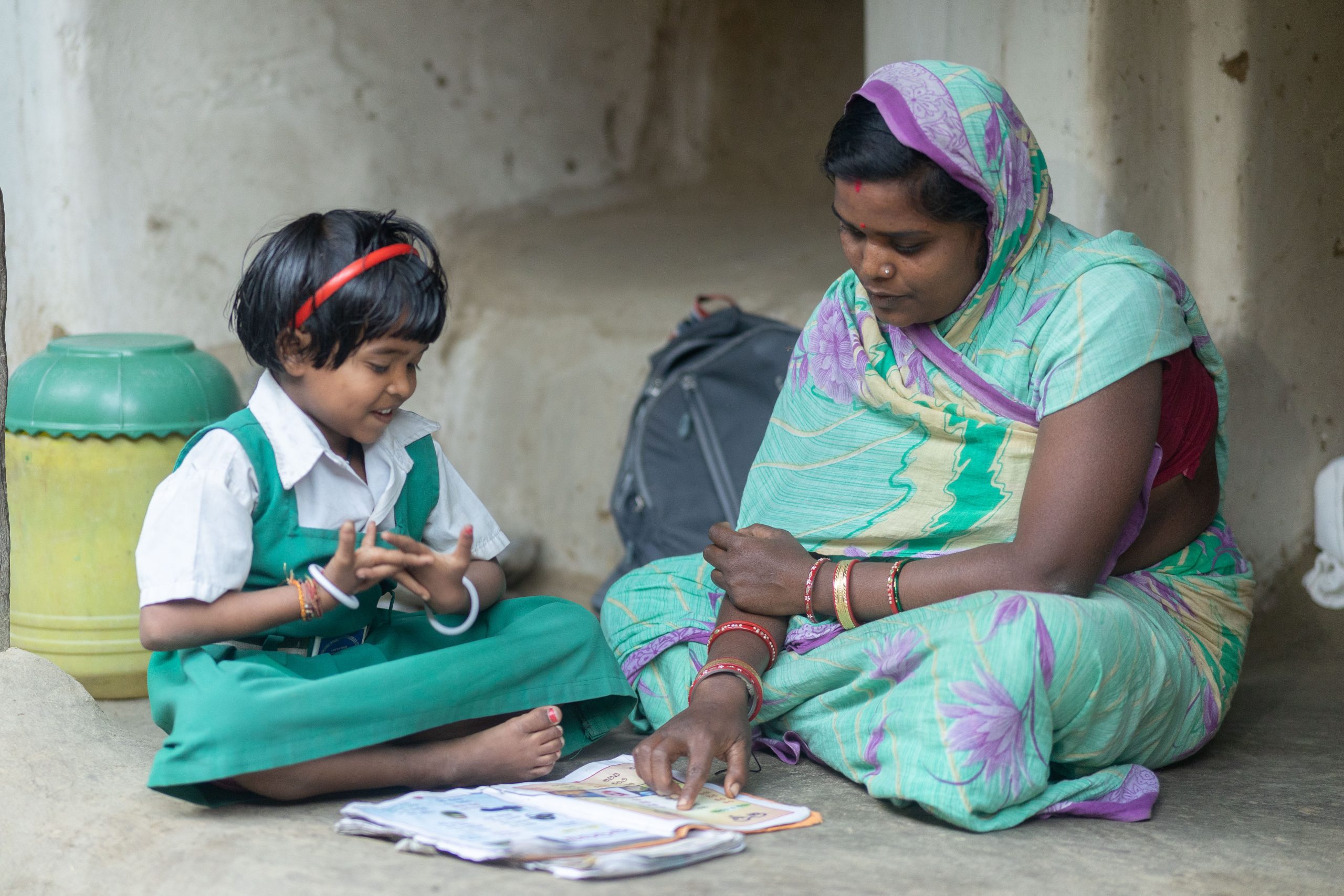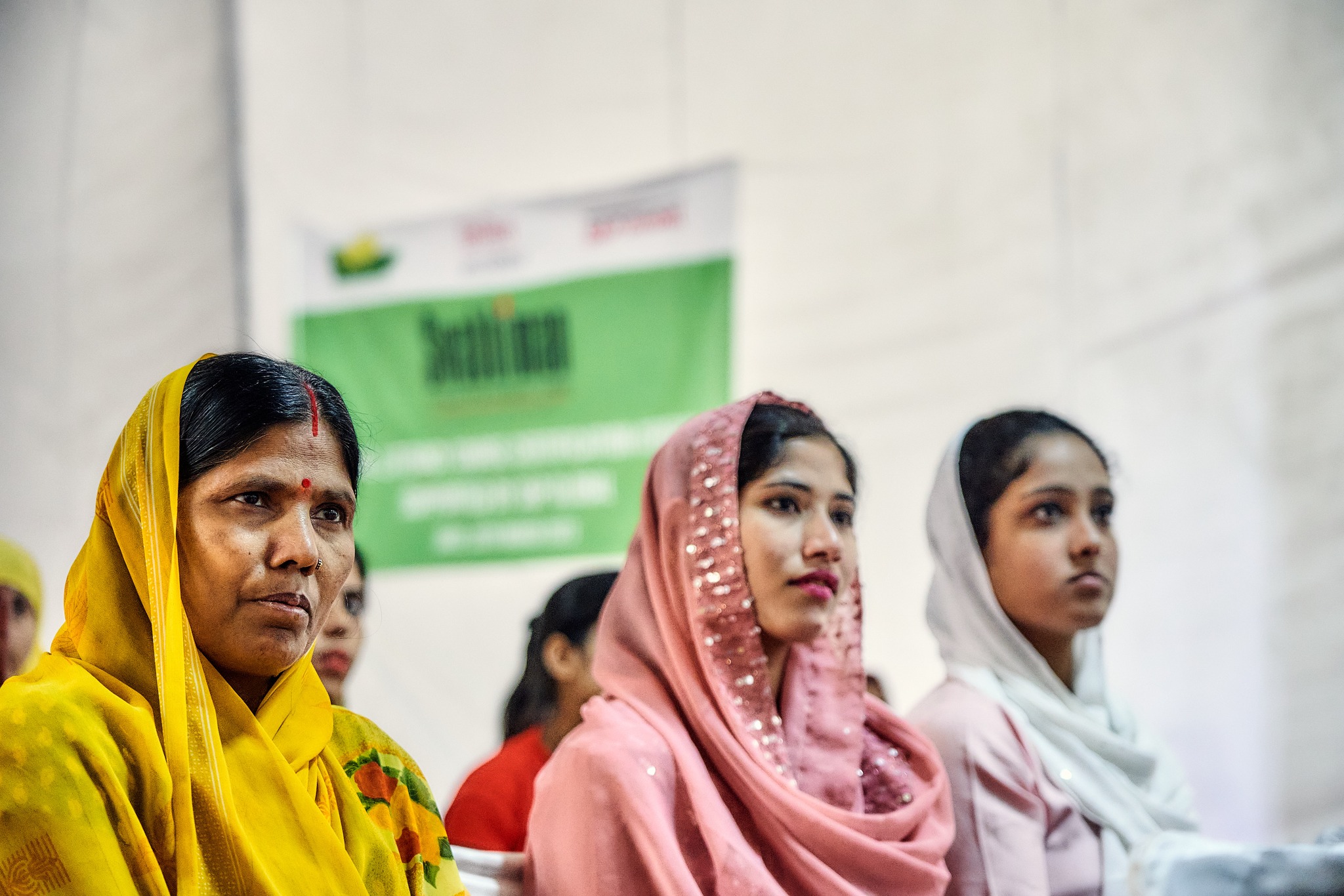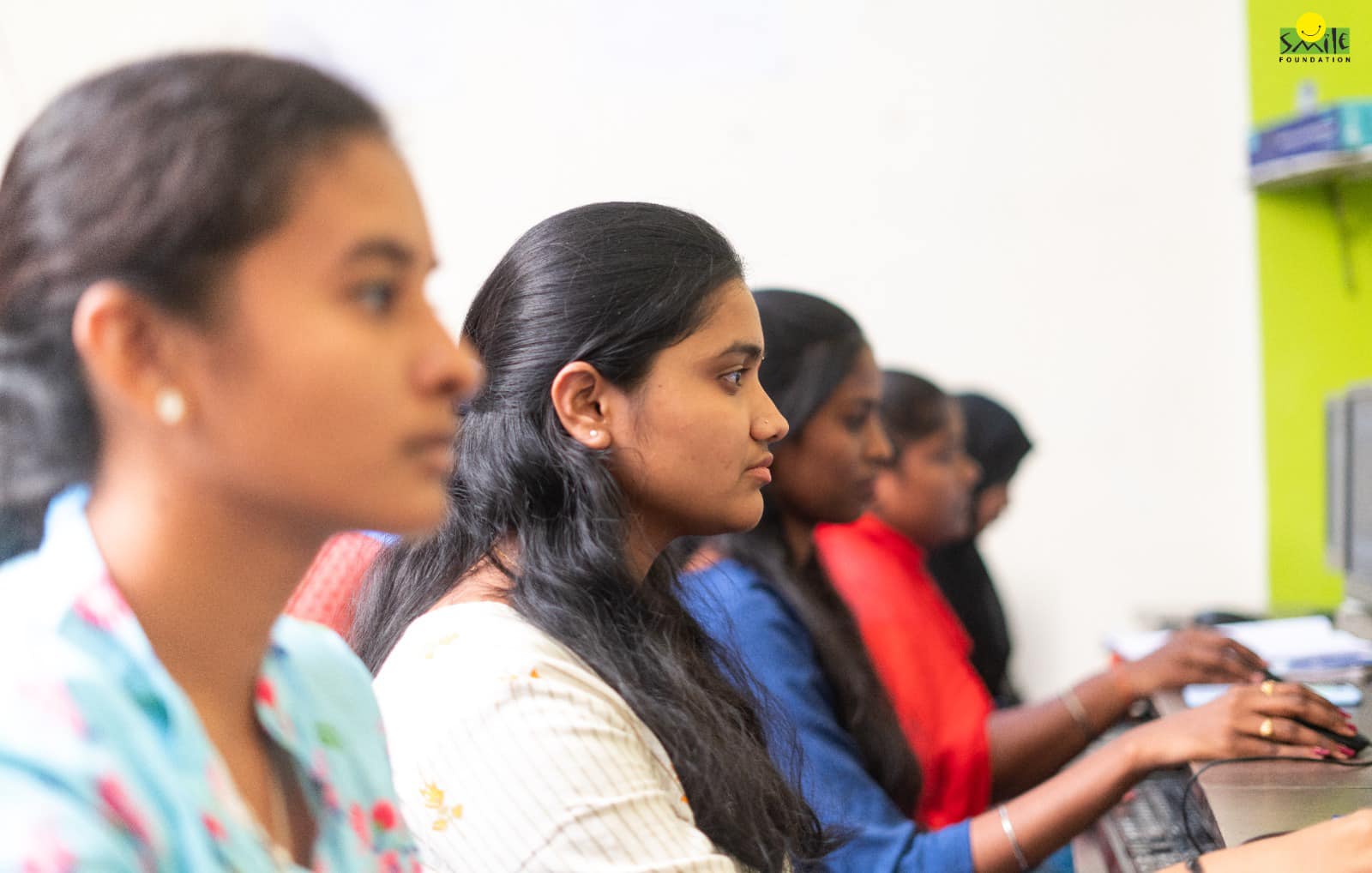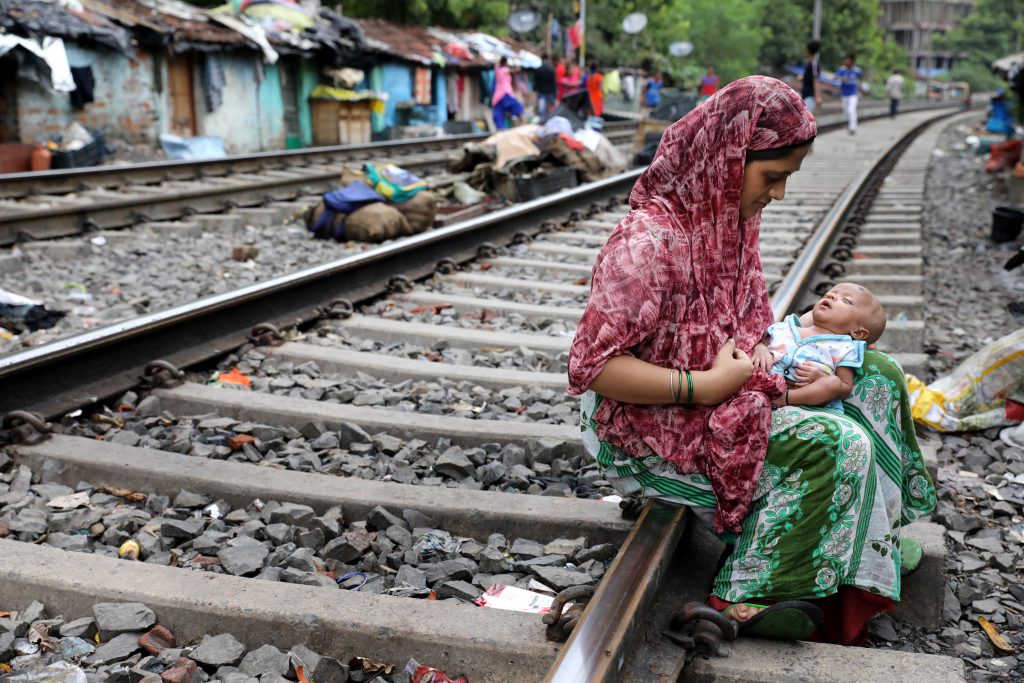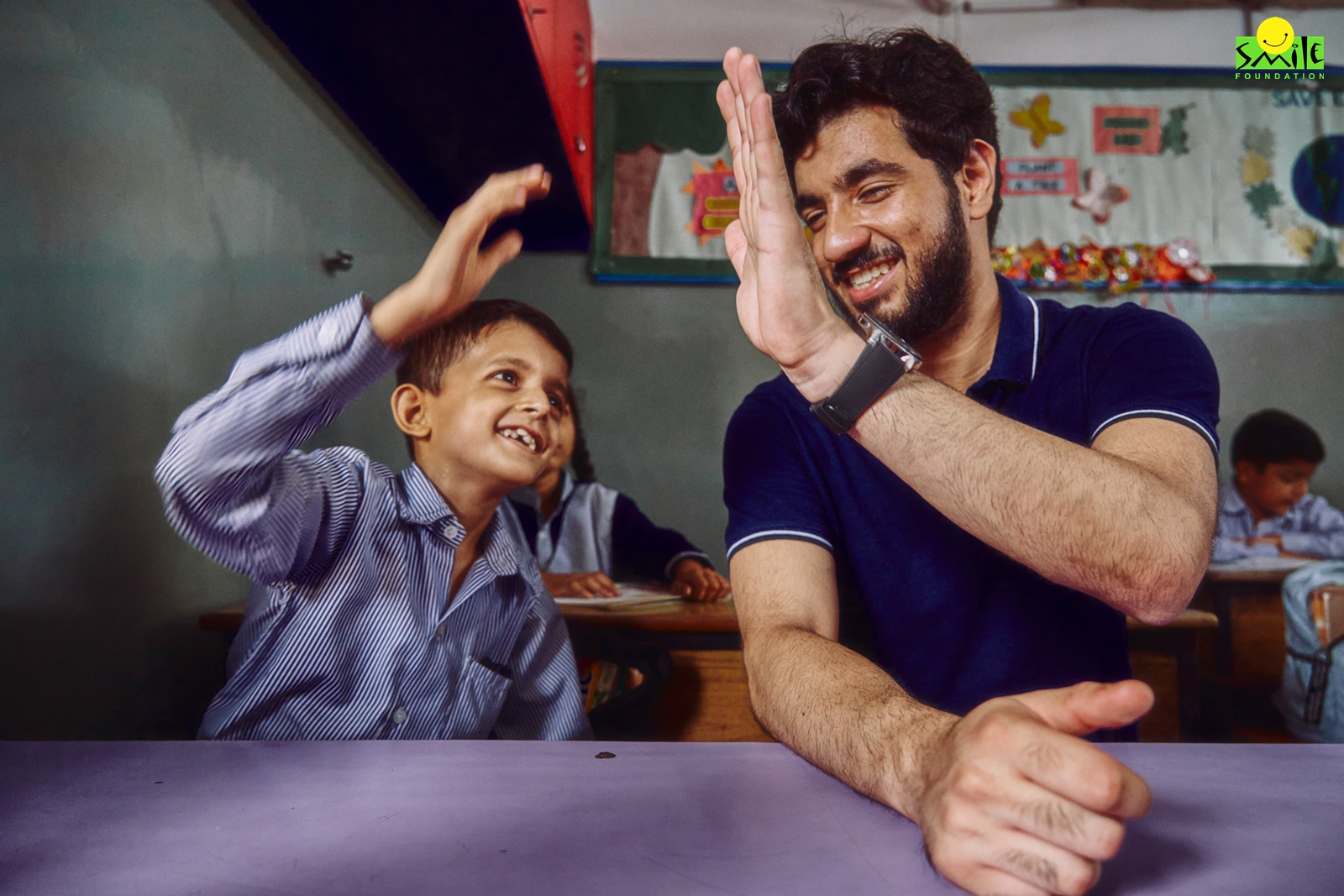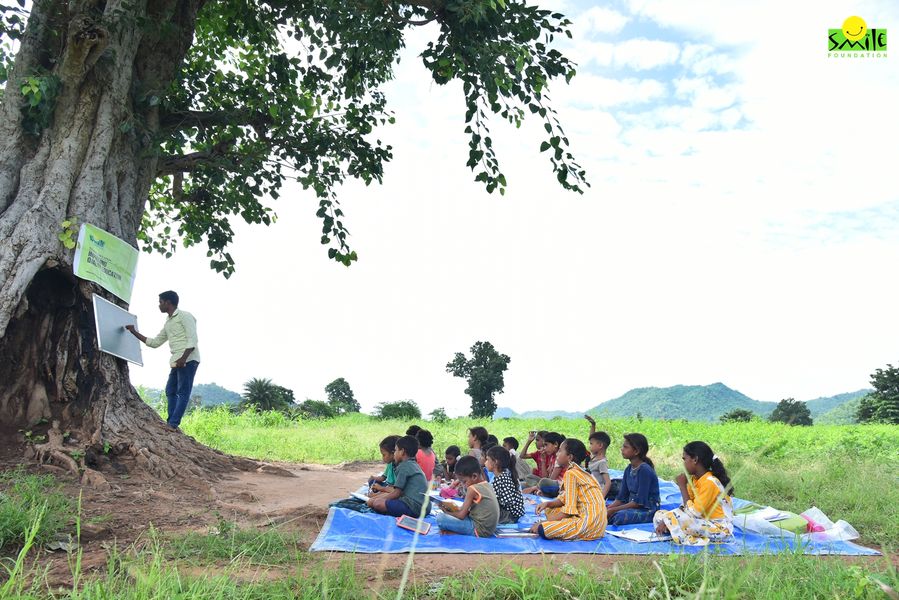Since the advent of the COVID-19 pandemic, scientists started working vigorously towards creating a vaccine. It is common knowledge now that various vaccines have been successfully created across the world, and a couple of them are available in India as well. At this point, it is imperative that the entire population is vaccinated at the earliest. For this, it is important to reduce vaccine hesitancy. While the jabs may not be able to prevent infection completely, they have proven to prevent the severe effects of the coronavirus on the human body.
The importance of vaccination in health care
Vaccination has been one of the greatest contributions towards saving millions of human lives every year. More than 1 billion children have been vaccinated for various diseases over the last decade. Immunization is a major component of primary health care. It helps in eradicating many infectious diseases.
Currently, 4-5 million deaths are prevented through immunization for vaccine-preventable diseases. Yet there is a gap in the global immunization coverage. Nearly 20 million children have insufficient access to vaccination.
Why do we come across vaccine hesitancy?
There are a number of misconceptions against vaccination. One of these is that diseases started disappearing due to better hygiene and sanitation, not due to vaccines. Another is that vaccines do not protect us as we can still get sick from the same disease but with mild symptoms. People also think that the risks of a vaccine outweigh its benefits.
The concept of vaccine opposition isn’t new. It has been around since vaccines were invented. Even way back in the 1800s, during the outbreak of smallpox, vaccinations were considered to be against religion/god. There were also political objections and criticism based on sanitary reasons since the smallpox vaccine consisted of cowpox blister.
There is another widespread assumption that immunisation is no longer necessary because these diseases have been eradicated. However, the truth is that vaccines will only keep diseases from resurfacing as long as they are utilised to prevent them.
Being naturally strong versus getting vaccinated
Since there has been no evidence that immunization works over going natural, it all comes down to personal choice. A person’s immune system might perform well even though they refuse to be vaccinated. But we can be sure the immunized person is safer because their body already knows about the potential infections.
A vaccine introduces the virus into your body in its weak form so that it has least impact. As a result, the body continues to perceive it as a pathogen and produces antibodies to attack it. The second dose, referred to as a booster dose, stimulates a second infection in the body. Consequentially, once the body detects that another infection of the same virus has entered the body, it develops unusually large amounts of antibodies against it, killing the infection produced by the vaccine very rapidly. So, once the vaccine’s weakened virus is killed, there is already a surplus of antibodies in the system that operates as a line of defence when you get sick.
What is telecounselling and how can it be used to reduce vaccine hesitancy?

Telecounselling is any type of counselling service provided over the telephone. It can be used to address the vaccine reluctance of people. Counsellors listen to the concerns of the patients, actively listening to doubts and fears. The main concerns are: Is this going to be of any use to me? Is it safe? And so on.
Understanding the situation of the patient, supporting the patients’ beliefs, and engaging in truthful communication while giving them the correct message can help reduce vaccine hesitancy and achieve a higher number of vaccinations.
How can you help as an individual in the present situation?
Engage in open conversations with vaccine-hesitant people
The most effective way is listening to the concerns of the hesitant person. Respect their opinions and gain their trust, so that they are open to considering your opinion too. Trying to convince a person to get vaccinated is not our job but to be open to a conversation is. Using scientific facts and statistics and trying to understand their concerns will help in the discussion.
Help COVID patients in this time of need
You can help your friends, relatives, and neighbours by bringing to them essential supplies. Home-cooked food also aids in the recovery of COVID patients. Instead of shunning them, help them towards a speedy recovery.
Donate to a COVID-19 relief fund
The pandemic has affected the lives of many, especially the vulnerable communities across India and across the world. Donating through fundraisers or NGOs can be a great help to those in dire need of basic amenities.



